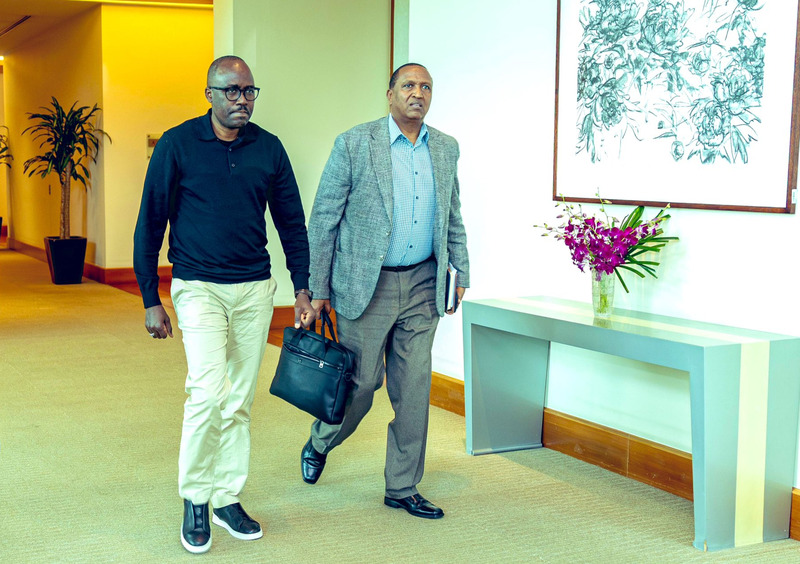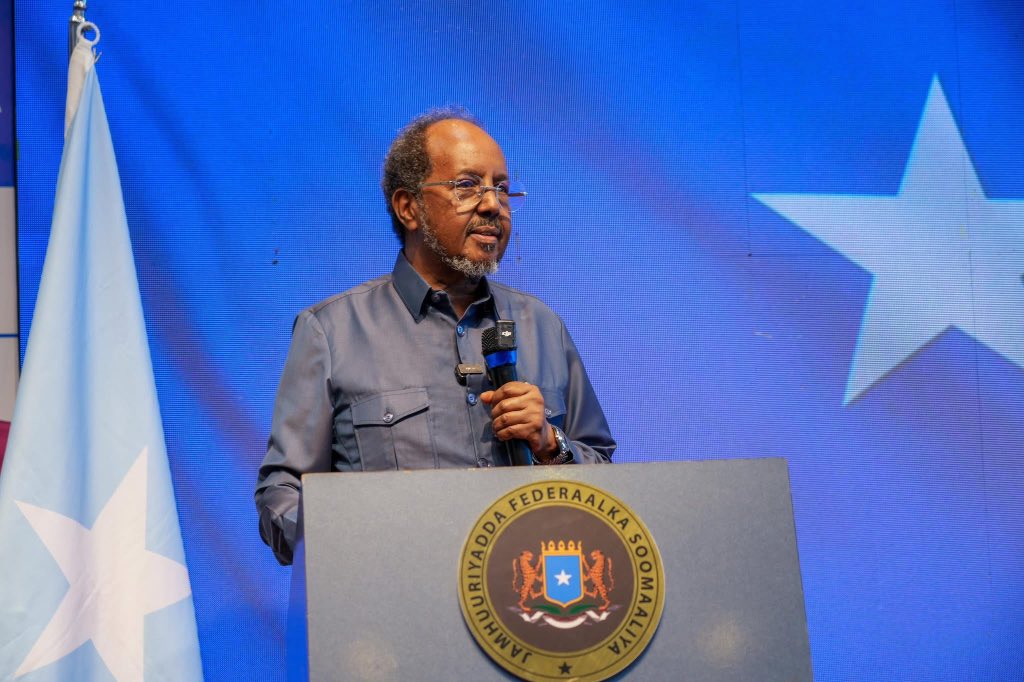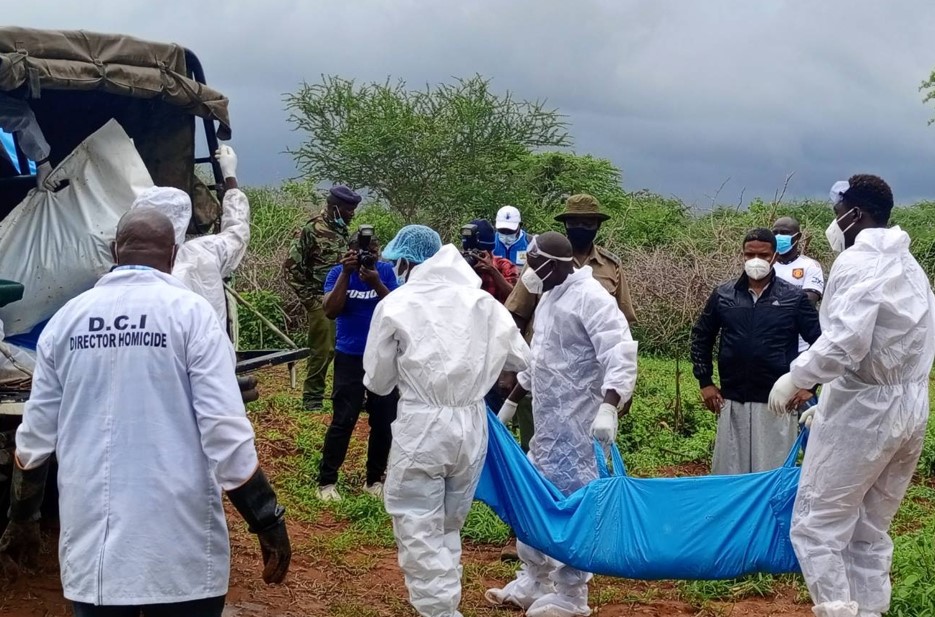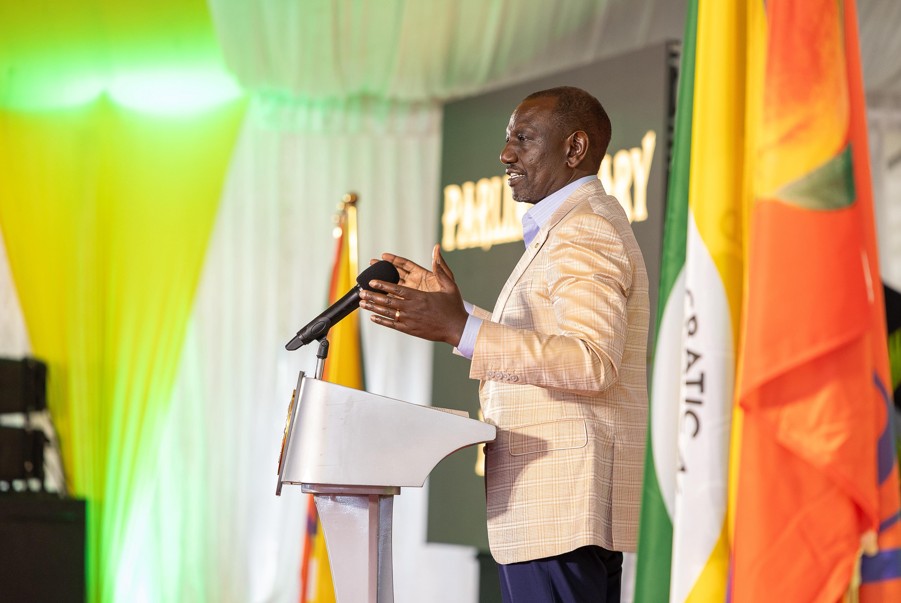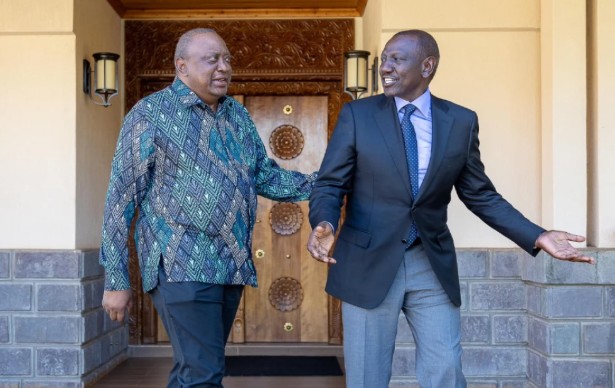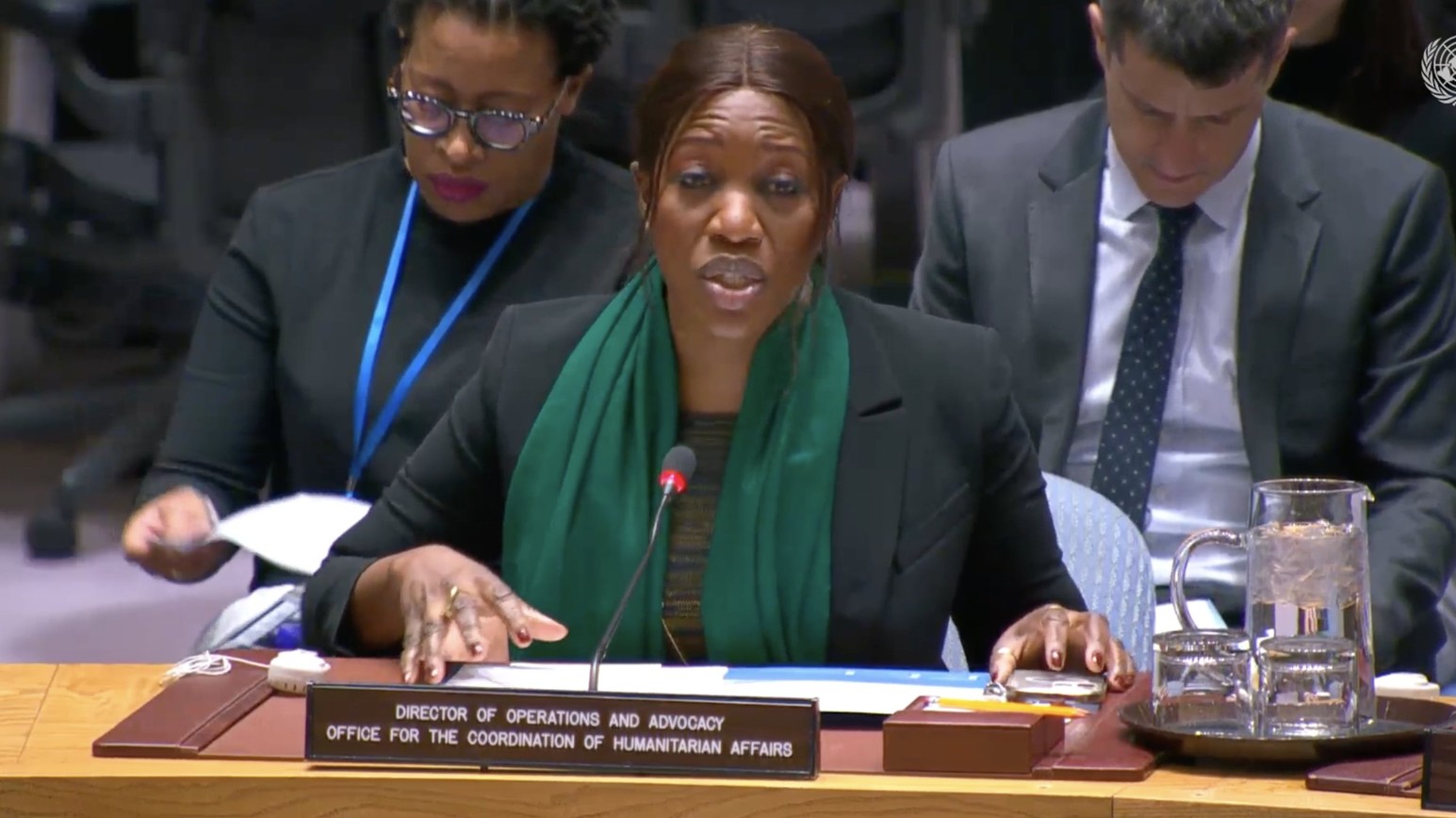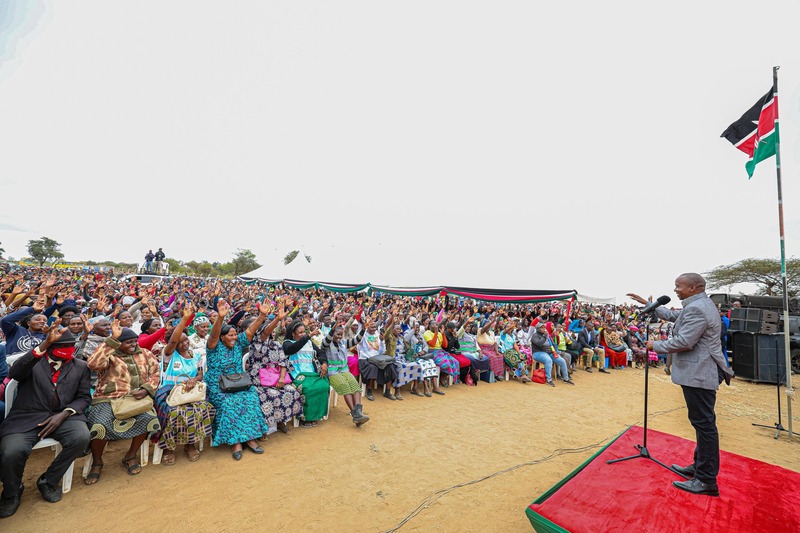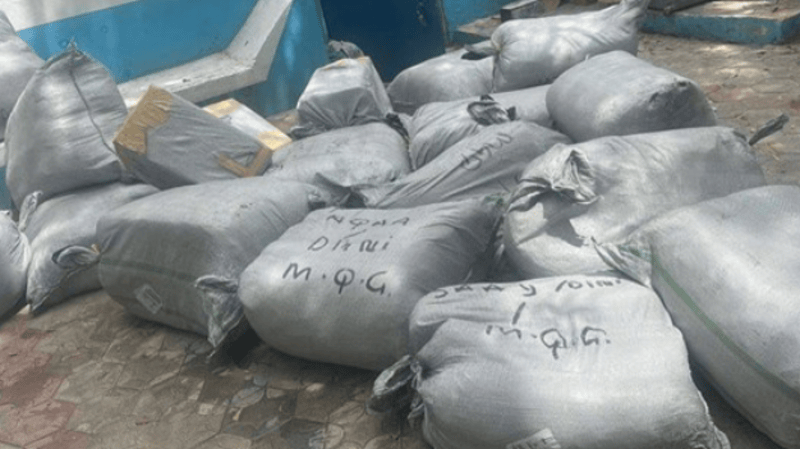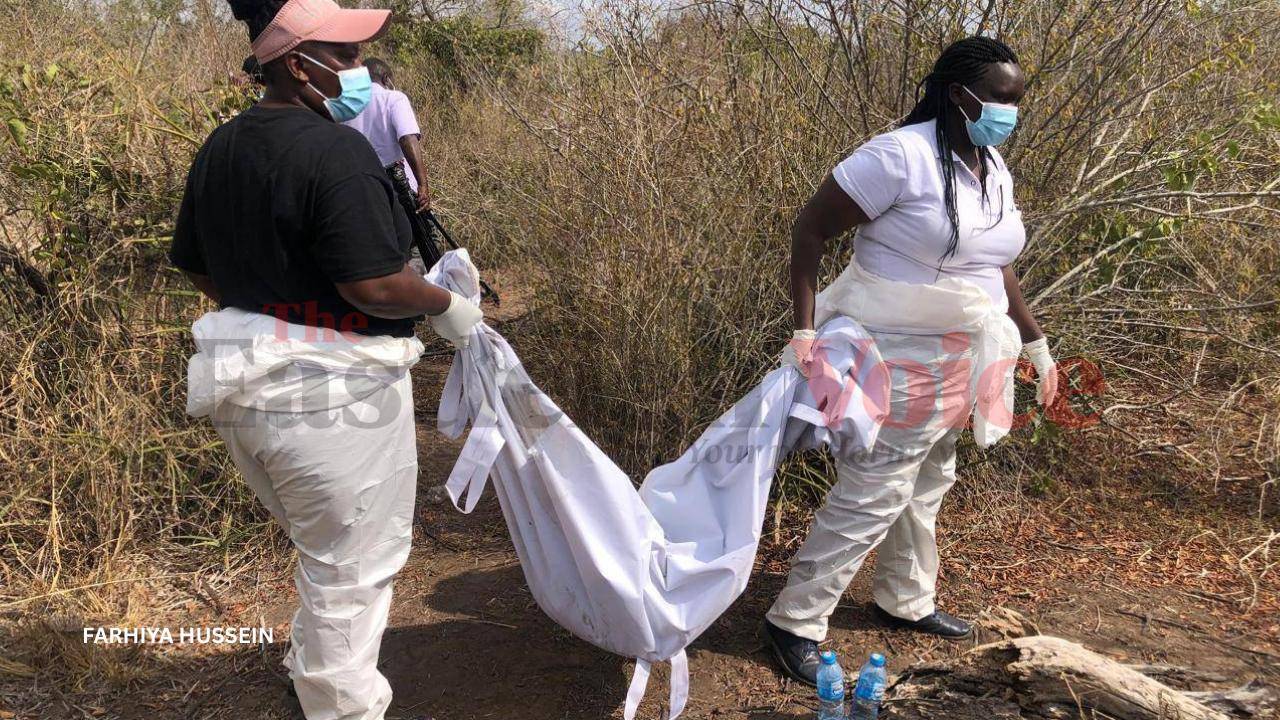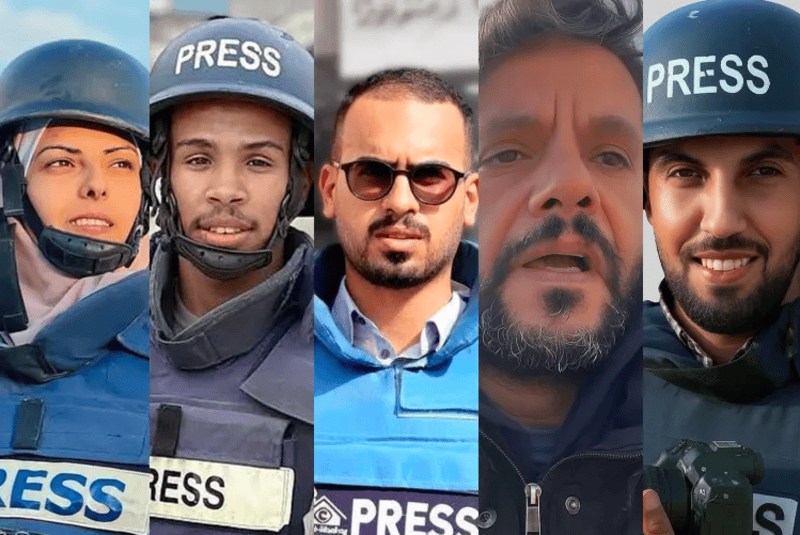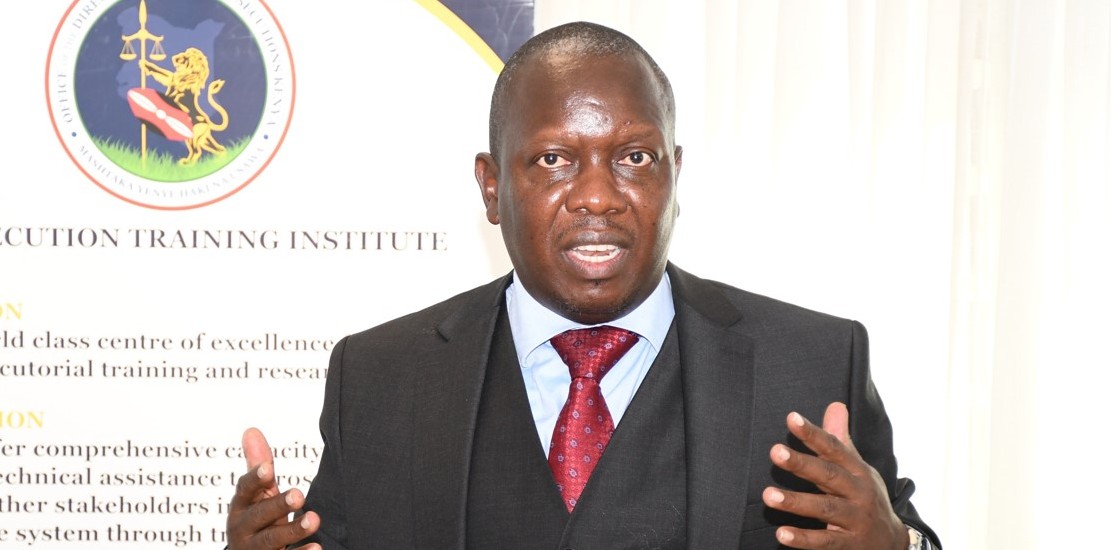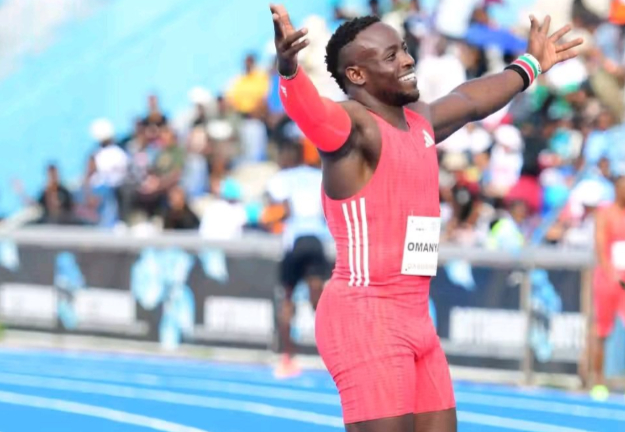Burkina Faso shuts down Bill Gates-backed mosquito project over safety, ethical concerns
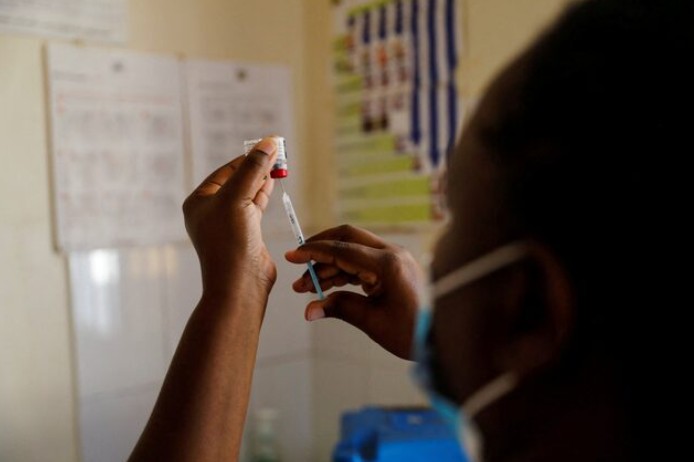
The decision abruptly ends a programme that had been running in the country since 2012 and had placed Burkina Faso at the centre of global research on gene-drive technologies. The project aimed to reduce malaria transmission by releasing sterile male mosquitoes engineered to limit reproduction.
Burkina Faso has ordered an immediate halt to all activities of the Target Malaria project, a high-profile initiative funded by the Bill & Melinda Gates Foundation, citing concerns over public health, environmental safety and ethical challenges surrounding the release of genetically modified mosquitoes.
In a communiqué, the Ministry of Higher Education, Research and Innovation confirmed that all facilities housing genetically modified mosquitoes had been sealed and remaining samples would be destroyed under supervision.
More To Read
- US suspends chikungunya vaccine after reports of severe side effects
- Burkina Faso drops French as national language, elevates indigenous languages
- Kenya records landmark milestones in fight against HIV, malaria, TB and sleeping sickness
- Burkina Faso expels UN official after report details child abuse by armed groups and security forces
- Breeding grounds for danger: How improper waste management drives disease transmission
- Tanzania beats Burkina Faso 2-0 in CHAN 2024 opener at Benjamin Mkapa stadium
The decision abruptly ends a programme that had been running in the country since 2012 and had placed Burkina Faso at the centre of global research on gene-drive technologies. The project aimed to reduce malaria transmission by releasing sterile male mosquitoes engineered to limit reproduction.
Target Malaria, a consortium of more than 150 African and Western researchers, was pioneering the use of genetic modification to suppress mosquito populations. The first experimental release of sterile male mosquitoes in Africa took place in Burkina Faso in 2019, followed by another release earlier this month.
Proponents argued that the technology could revolutionise the fight against malaria, which kills more than 500,000 people annually across Africa, by complementing traditional measures such as insecticide-treated nets and seasonal drug campaigns.
But civil society groups and environmental organisations consistently opposed the initiative, raising alarms about potential ecological risks, insufficient community consent and ethical dilemmas. The Coalition for Monitoring Biotechnological Activities in Burkina Faso (CVAB) described the project as “highly controversial, unpredictable and posing ethical challenges.”
“This technology is highly controversial and poses ethical challenges. We are saying that we should prioritise safe alternatives,” the coalition spokesperson Ali Tapsoba said.
In response to the government’s move, Target Malaria defended itself, noting that it had complied with national regulations.
“The project has been operating in compliance with Burkina Faso’s national legislation since 2012 and remains ready to cooperate,” the organisation said.
The government’s decision comes amid a broader crackdown on international organisations under the country’s military leadership. Burkina Faso, which has been ruled by Captain Ibrahim Traoré since the September 2022 coup, revoked the licenses of 21 international NGOs in June and July, many of them supported by foreign donors.
Officials cited multiple reasons for halting the project, including unresolved biosafety concerns, limited effectiveness of early results and the need to safeguard national sovereignty in health and scientific research.
By sealing laboratories and ordering the destruction of genetically modified samples, the government signalled caution while reaffirming its commitment to controlling malaria through other means.
Malaria remains a severe public health burden in Burkina Faso. UNICEF data shows the country recorded more than 10.2 million cases in 2023, including over 500,000 severe cases and more than 5,200 deaths. The disease remains the leading cause of hospital visits and deaths among children under five.
Despite ending Target Malaria, the government stressed that it is not stepping back from the fight against malaria. Instead, it noted that it is shifting focus to methods deemed safer and more effective.
In February 2024, Burkina Faso rolled out the RTS,S malaria vaccine, targeting more than 218,000 children between five and 23 months. A second vaccine, R21/Matrix-M, which has shown efficacy levels above 75 per cent in clinical trials and was endorsed by the World Health Organisation in 2023, has also been integrated into the country’s health strategy.
Additionally, the government said it continues to expand seasonal malaria chemoprevention programmes, distribute insecticide-treated mosquito nets nationwide, and strengthen local scientific research at institutions such as the National Centre for Malaria Research and the Institute of Health Sciences Research.
With over eight million malaria cases and more than 16,000 deaths reported in 2023, authorities insist the fight against the disease remains a top national priority.
Top Stories Today


